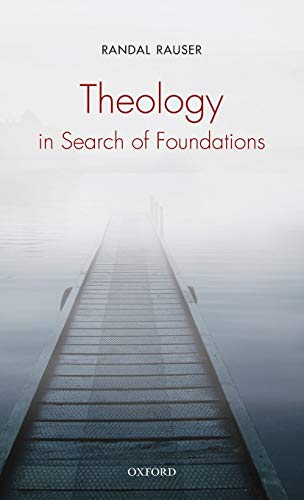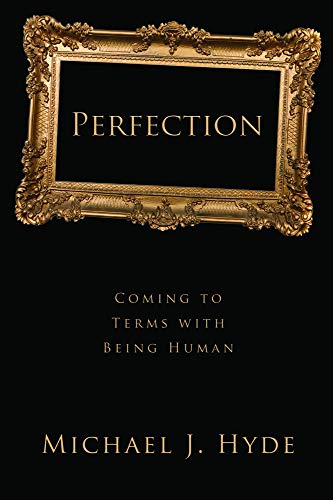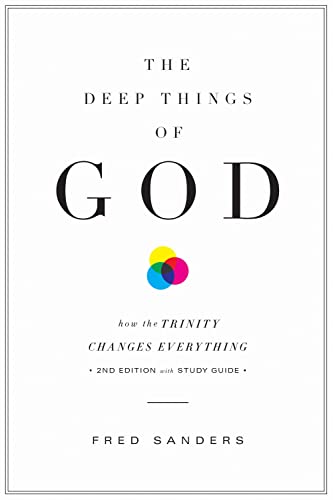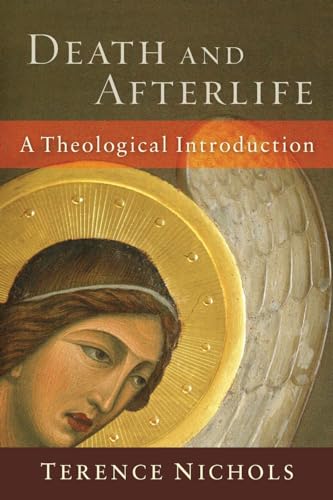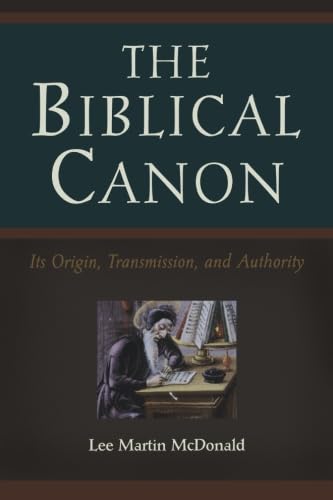Theology in Search of Foundations
Written by Randal Rauser Reviewed By Paul HelmIn his book The Character of Theology, John R. Franke quotes Nicholas Wolterstorff, ‘On all fronts foundationalism is in bad shape. It seems to me that there is nothing to do but give it up for mortally ill and learn to live in its absence’ (p. 27). Wolterstorff himself has recently remarked that at the present time to be called a foundationalist is rather like being accused of being a child abuser (‘Herman Bavinck—Proto Reformed Epistemologist,’ Calvin Theological Journal 45 [2010]: 134). So what is going on?
What is going on is the indulgence of a certain slackness in thought about what foundationalism is and is not. There is a wave of theologians confident that, as they say, foundationalism is dying or dead, part of the rotting corpse of the ‘Enlightenment project’. They pass on this verdict like those hardly able to contain their joy at the demise of an embarrassing elderly relative. Such are not only Franke, but (among the evangelical wing) Murphy, McGrath, and Grenz. But few of these theologians, if any, seem prepared to explore the types and kinds of foundationalism before doing so.
To be such an explorer requires a certain effort in philosophical analysis, taking the trouble to distinguish various kinds of foundationalism, schemes with corrigible foundations from those with incorrigible, propositional foundationalism from source foundationalism, rationalist from empiricist, foundations as used by the sceptic and by the non-sceptic, weak and strong foundationalism, and so on. And to do this is messy. It involves making careful distinctions, paying attention to what various philosophers actually mean and claim, and seeing how the intellectual discipline of theology fares in the light of this claim and that. But before you decide to suffer the inconvenience of travelling barefoot, why not see what the shoe shop has?
So the title of Randal Rauser’s book has a somewhat ironic ring to it. Searching for foundations? Who in the theological guild is doing that? Who is on the lookout for the Dodo? But the author is saying not that there is a search, but that there ought to be, and his book is a brave effort to plot a path. Chapters 1–4 have to do with the oft-told tale of the Enlightenment, the crisis of justification, and the end of classical foundationalism, that is, the end of foundationalism with self-certifying incorrigible foundations. But weren’t the sceptics Bayle and Hume also members of the Enlightenment squad? And wasn’t Kant rather different from Locke, and Locke and Kant different from Descartes? And what of Thomas Reid? Rauser takes the reader through this material in a series of brief, informative, pleasantly written discussions, relaying a good deal of material from both primary and secondary sources.
If classical foundationalism is dead, then what? Pressing fast-forward, Rauser proceeds to discuss the condition of both philosophy and theology after its demise (ch. 5), focusing on coherentism, pragmatism, and anti-realism in both disciplines (ch. 6). Then, in order to put the claims of non-foundationalism to the test, he offers the reader two rather detailed chapters on Bruce Marshall’s non-foundationalist Trinitarian theology. He finds Marshall’s brand of fideism, entitling the thinker to bet all on the mystery of the Trinity, decidedly unappealing.
Rauser is surely correct in asserting that some kind of basis looks essential for epistemology, including theological epistemology, if theologies are not simply to be a series of games. He himself favours the ‘Reformed’ epistemology of Wolterstorff and Plantinga, and in the last chapters he works through this. Whether Plantinga’s later externalism, which focuses attention not on the entitlement to basic beliefs not shared by every other rational person but on the workings of belief-forming mechanisms, an approach which Rauser also favours, is a species of foundationalism, seems debatable. But Rauser assumes that it is (p. 227).
In my view Christians interested in philosophy become enmeshed in some version or other of analytic epistemology too soon. In Chisholm’s terms, they are too eager to join the Methodists. Rauser illustrates this by his phrase, ‘If it is true, then it can be known to be true’ (p. 245). But surely the historic Christian approach has been ‘I know it is true; can it be shown to be true?’ Paul was a decided particularist (‘I know in whom …’; ‘knowing this …’) and Jesus too. Does faith in Christ require foundations? Does Christian theology? Does Christian theology require general epistemic foundations? I suspect that these are not the same question, but who bothers to distinguish between them?
The idea of foundationalism within a worldview which Rauser touts (pp. 245–46) looks decidedly coherentist—unless the worldview is warranted foundationally, of course. ‘If it is true, it can be known to be true.’ Hmm. Towards the end of the book there are some decidedly waspish remarks on the views of Kevin Vanhoozer, but I believe it is inaccurate to regard him as an epistemological pragmatist (p. 261).
The book’s project is a good one. Those who wish to reflect awhile before they finally wave goodbye to foundationalism could pause here. However, there is some overall unevenness, and dwelling on the views of Marshall means some loss of momentum. But I think the better plan is to start with what Christians know. Epistemology as faith seeking understanding. All other ground is sinking sand.
Paul Helm
Paul Helm
University of London
London, UK
Other Articles in this Issue
Most of our readers are theological students and pastors...
The Dazzling Darkness of God’s Triune Love: Introducing Evangelicals to the Theology of Hans Urs von Balthasar
by Stephen M. GarrettJürgen Moltmann observes that Christian theology and the Church face “a double crisis: the crisis of relevance and the crisis of identity...
Plots, Themes, and Responsibilities: The Search for a Center of Biblical Theology Reexamined
by Daniel J. BrendselIn the prolegomena to his “approach to biblical theology,” Charles H...
Since the mid-twentieth century biblical scholars have increasingly accepted that the texts of the Bible must be interpreted in terms of their literary genres...
The present age tends to regard polemics, theological controversies, and all-round doctrinal fisticuffs as, at best, a necessary evil, at worst, one of the most revolting aspects of Christianity...


